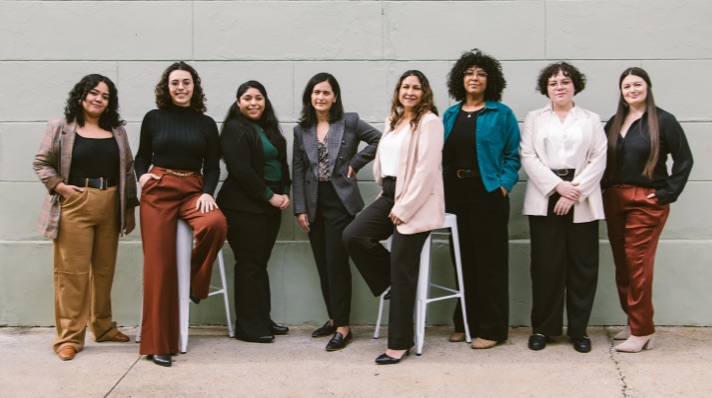The Hub’s Second Research Cycle
We are thrilled to announce the launch of the K12 Research for Equity Hub’s second research cycle! The Hub’s Cycle 2 research will focus on current and alternative K12 accountability systems.
Since the 1980s, the Standards-Based Reform (SBR) movement has largely shaped federal education policy, prioritizing learning standards and student assessment. In fact, SBR became somewhat synonymous with ‘test-based reform,’ a system in which educators and others rely primarily on the test rather than the standards to communicate expectations and inform practice.
As accountability systems aim to hold schools and districts responsible for student learning, research shows that SBR has both positive and negative implications. For example, “while NCLB addressed academic disparities, it did not achieve its goal of racial and socioeconomic equity.” With ed policy having changed little in nearly half a century, it is time for K12 accountability to be reimagined.
Alternative accountability systems are beginning to emerge for various reasons, such as local communities’ drive to measure what matters most to them when it comes to student learning, outcomes, and preparedness for life after high school. Ultimately, Cycle 2 research seeks to understand how federal education policy encourages or impedes the development and implementation of such alternative accountability systems. From their analysis, Hub research teams will produce key recommendations to inform national policy dialogue in support of transforming K12 assessment and accountability.
Meet the Research Teams
After a rigorous selection process, with over 20 applicants, we selected three research teams including:
- Houston Education Research Consortium, a research center of the Kinder Institute for Urban Research at Rice University
- Lyons Assessment Consulting, in partnership with the Wisconsin Center for Education Products and Services and the KnowledgeWorks Research Team
- Center for Innovation in Education, in partnership with the University of Kentucky
Learn About the Research Projects
- At the district level, the Center for Innovation in Education will examine Kentucky’s Allen County Schools (ACS) co-design processes, as they have been working with impacted students, families, community members, and educators to design a performance assessment system and a community-facing accountability dashboard to address the unique economic, social, and workforce needs of the community. Their project will use a community-based, mixed methods approach to understand how ACS’ processes of “inclusive design” with diverse stakeholders impact stakeholder understanding, ownership, and ongoing engagement with the new assessment and accountability systems.
- At the state level, the Houston Education Research Consortium will examine changes to the accountability system in the state of Texas around how students are deemed college or career ready. Beyond naming the changes, this study will identify whether particular groups of students, notably those who have been historically underrepresented and underserved, are more or less likely to be categorized as “ready” in this shifting accountability landscape.
- At the federal level, Lyons Assessment Consulting will evaluate the compatibility of a fully performance-based assessment system with federal assessment requirements related to comparability and alignment. Their research will study the Portfolios of Performance Pilot led by the Massachusetts Consortium for Innovative Educational Assessment (MCIEA) to inform federal policy recommendations as well as develop lessons learned for states seeking to innovate in their statewide assessment systems.
Stay Connected with The Hub
Here are three ways you can engage and stay connected with The Hub:
- Share our CY2 announcement on LinkedIn and X
- Subscribe to our newsletter to receive updates on The Hub
- Learn more about The Hub’s first research cycle and the research projects




